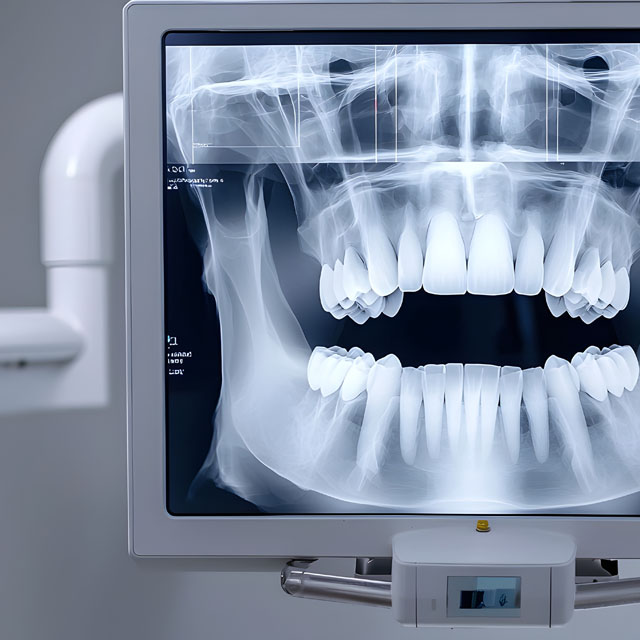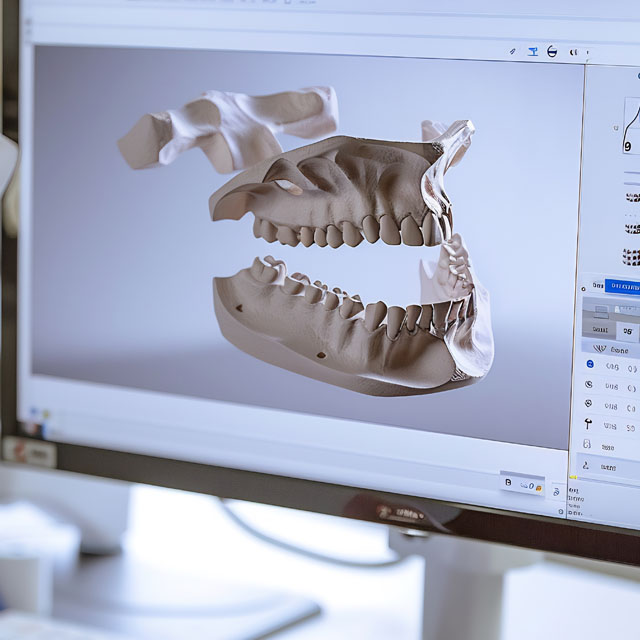Tooth Extraction
Protecting your smile sometimes means removing a tooth that's beyond repair. Our gentle approach to extraction helps protect your oral health and prepares your smile for a healthy, new beginning
Tooth Extraction: What You Should Know
Tooth extractionis a common dental procedure used to remove a tooth that is damaged, decayed, or causing crowding. While the idea of having a tooth pulled may seem intimidating, modern techniques make the process safe, efficient, and relatively comfortable. Extractions may be necessary for a variety of reasons, including severe infection, advanced gum disease, or preparation for orthodontic treatment. Whether it’s a simple removal or a more complex case like wisdom tooth extraction, dentists focus on minimizing discomfort and promoting smooth healing to protect your overall oral health.
When Is a Tooth Extraction Needed?
Tooth removal may be recommended when:
- A tooth is severely decayed or damaged
- Gum disease has caused loose or non-restorable teeth
- Wisdom teeth are impacted, infected, or causing crowding
- Orthodontic treatment requires space adjustment
- An infection threatens surrounding bone or tissue
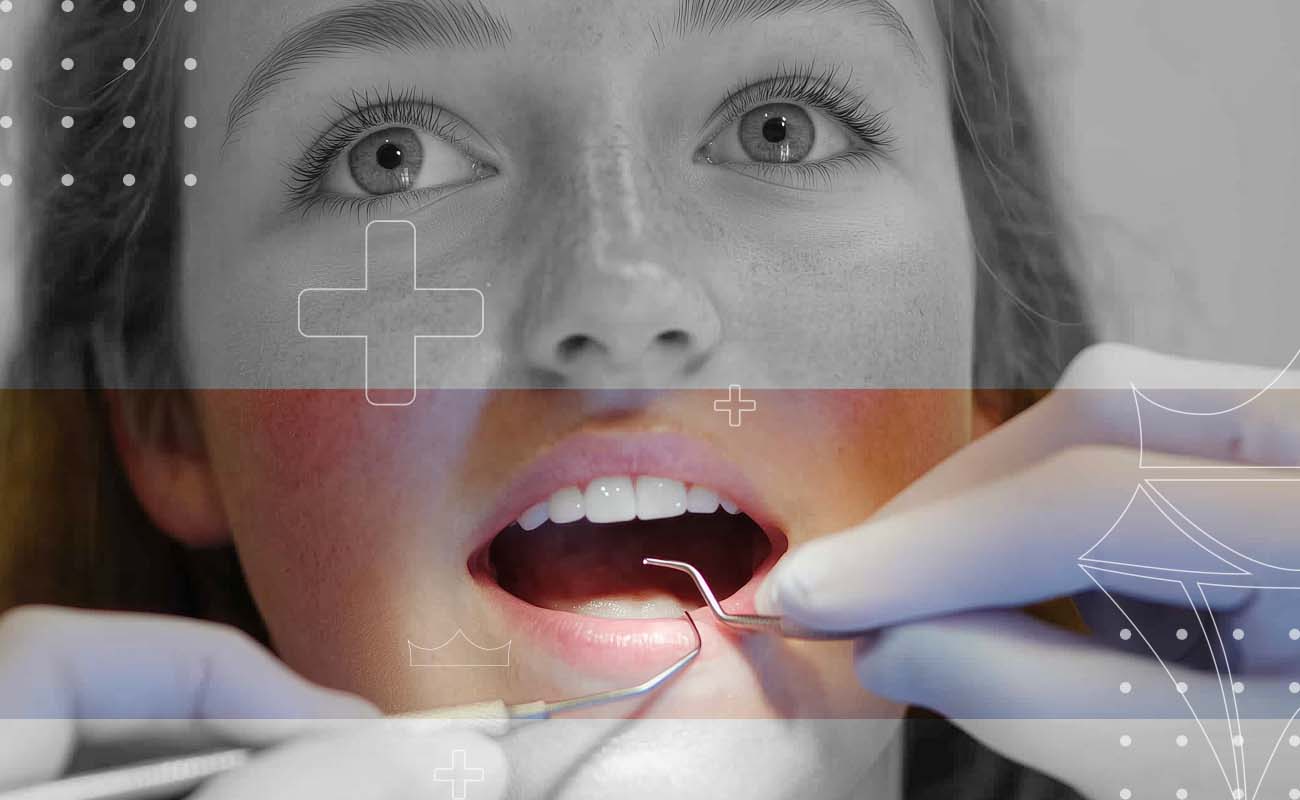
What to Expect at Saphire Dent Clinic
Thorough Assessment
- Using diagnostic imaging, we evaluate the tooth’s position, root structure, and surrounding tissue to determine the best approach for removal
Post-Extraction Care
- We provide detailed aftercare instructions to reduce swelling, promote healing, and prevent infection
Replacement Options (if needed)
- If the extracted tooth needs replacement, we discuss options such as dental implants, bridges, or dentures—ensuring long-term function and appearance
Gentle Anesthesia and Removal
- Your comfort comes first. We apply local anesthesia and remove the tooth using advanced surgical methods tailored to your case
Wisdom Teeth Extractions:
Wisdom teeth, also known as third molars, typically emerge between ages 17 and 25. While some people never develop them, others may have one to four. Extraction is often recommended when these teeth cause complications or are likely to do so.
The Procedure:
- Usually takes under 45 minutes.
- Performed by a dentist or oral surgeon.
Recovery Timeline:
- Day 1–3: Swelling and mild pain are common.
- Week 1: Most people resume normal activities.
- Full healing: May take up to 2 weeks, depending on complexity.
Aftercare Tips:
- Stick to soft foods like yogurt, mashed potatoes, and soup.
- Avoid smoking, alcohol, and straws for several days.
- Rinse the area with saltwater after 24 hours. This will keep the area clean.
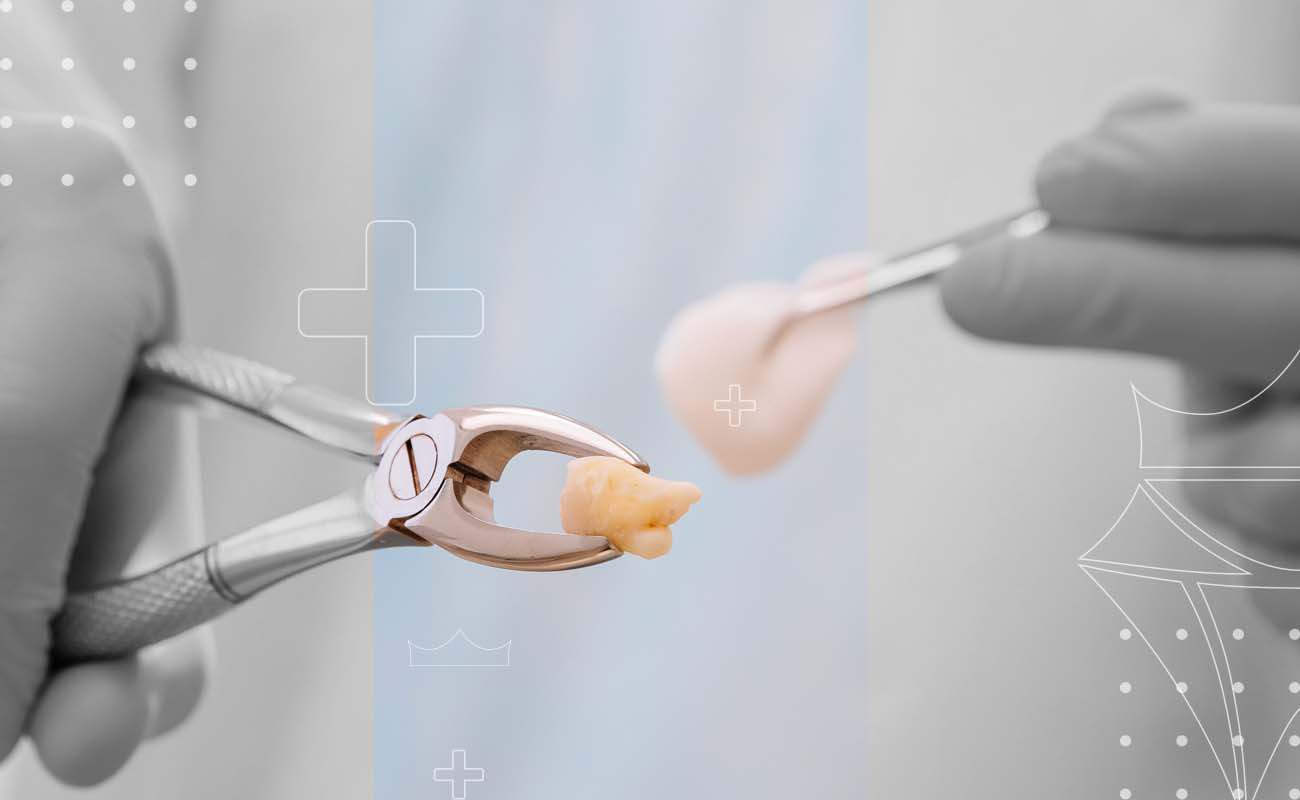
Signs That Your Wisdom Tooth Might Need to Be Removed

You'll likely need to have your wisdom tooth removed if it's causing problems like:



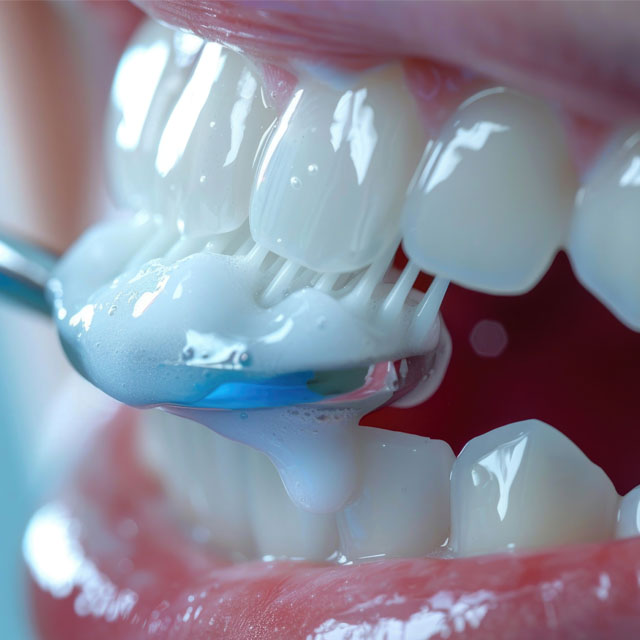





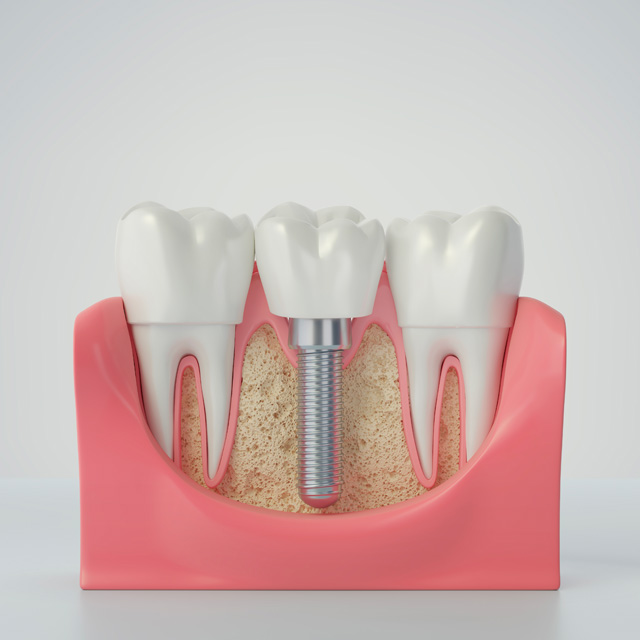



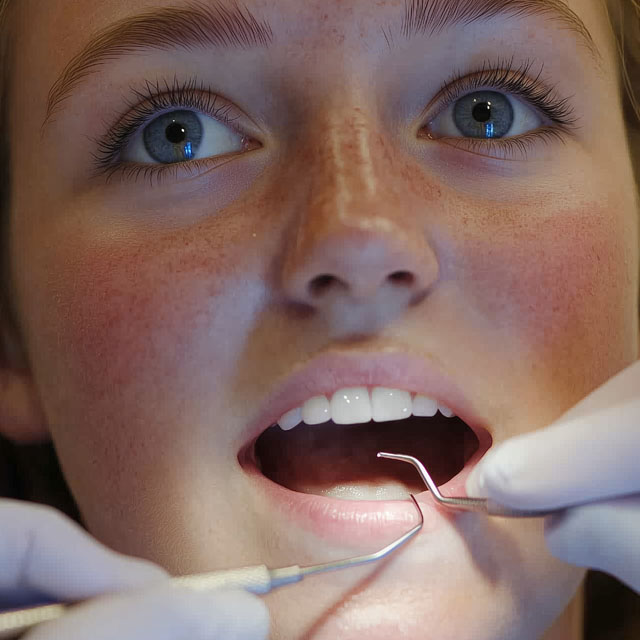
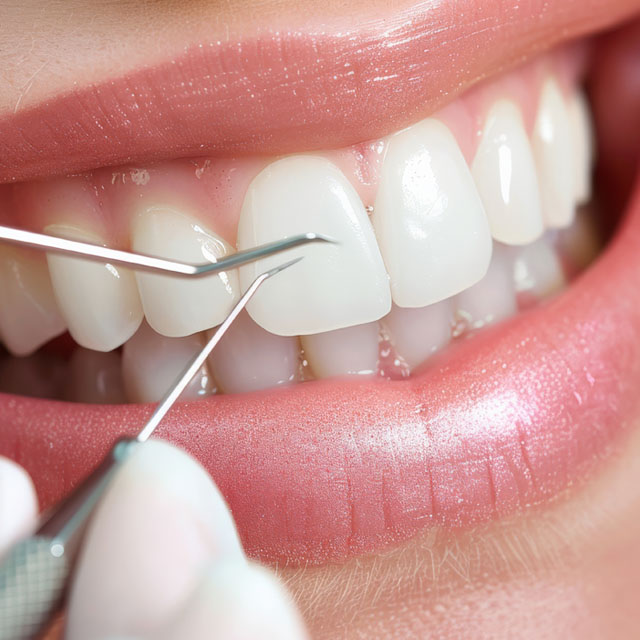

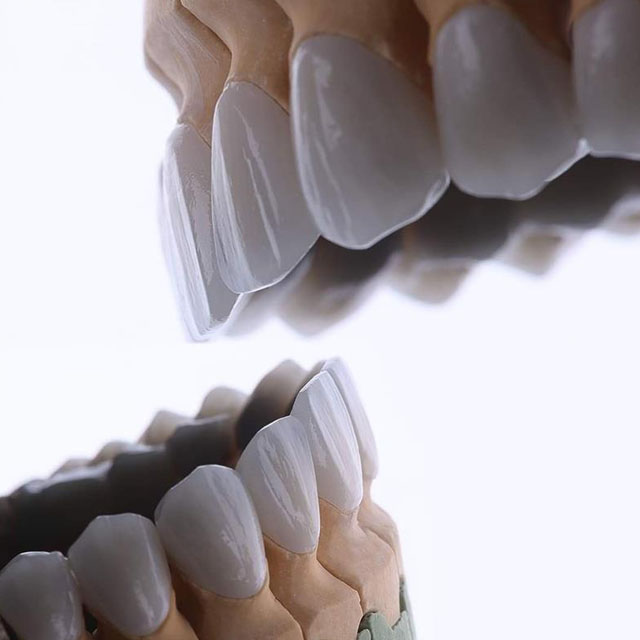



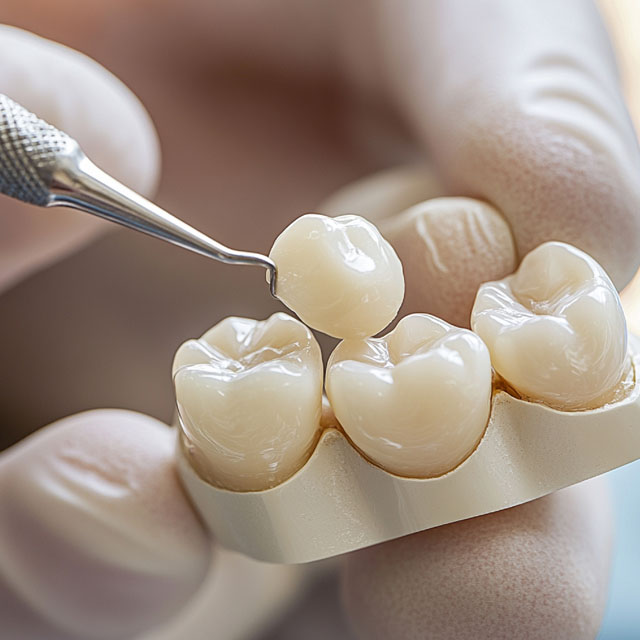
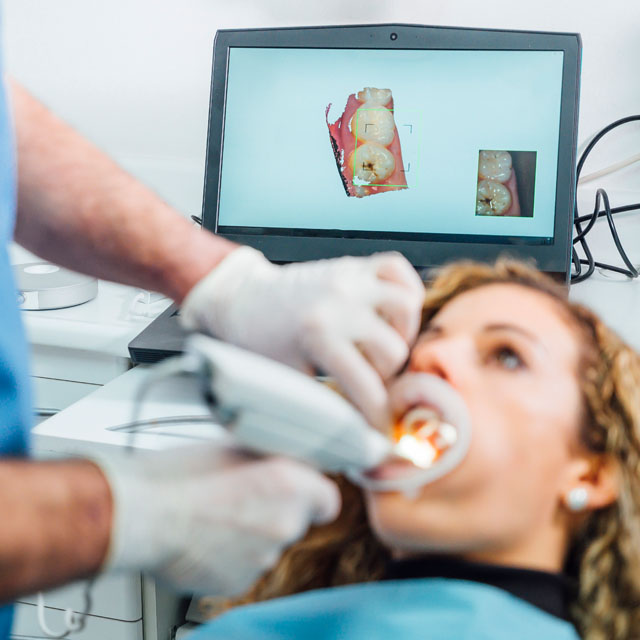
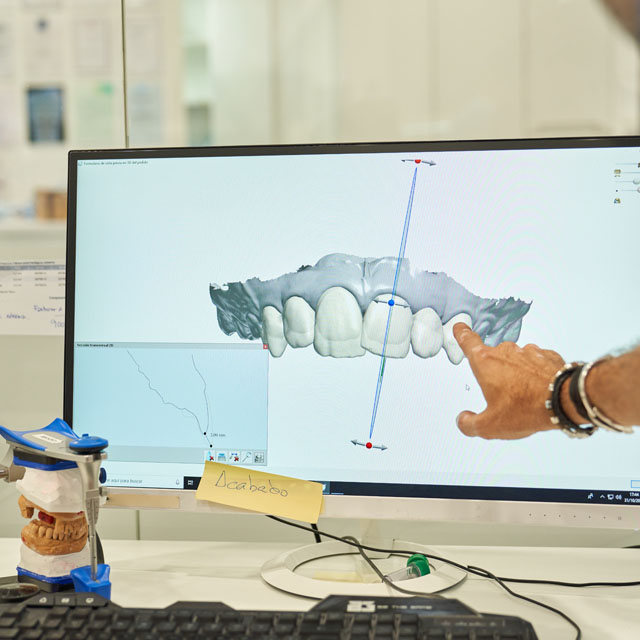





.jpg)


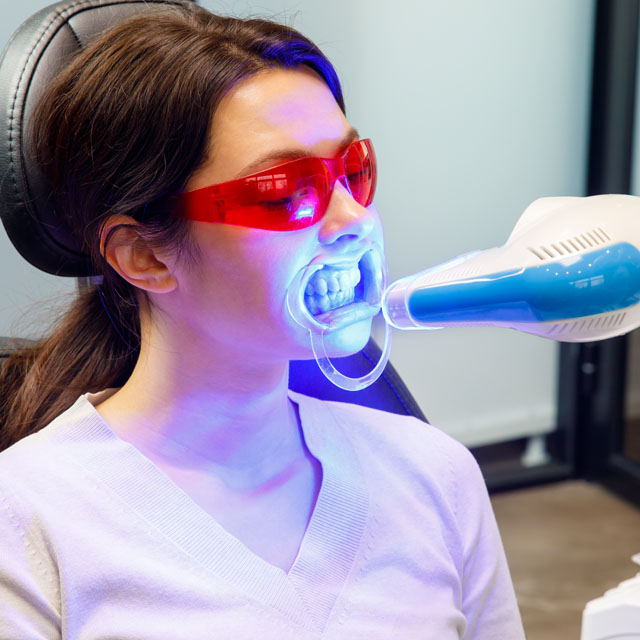

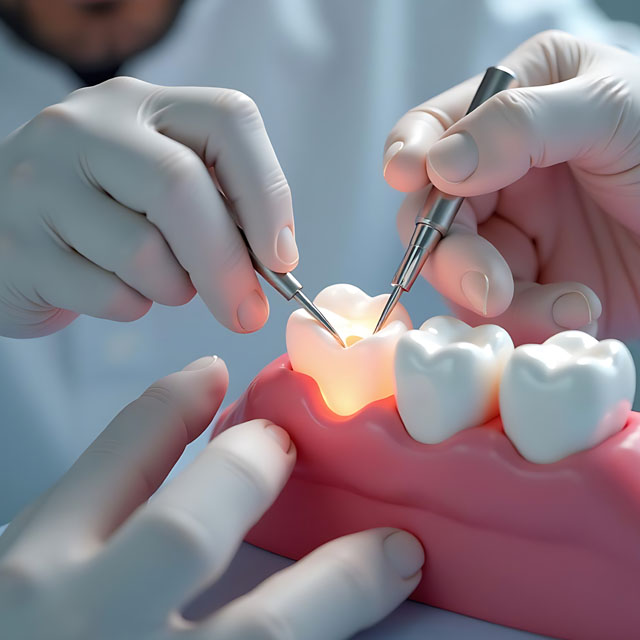

.jpg)
.jpg)

